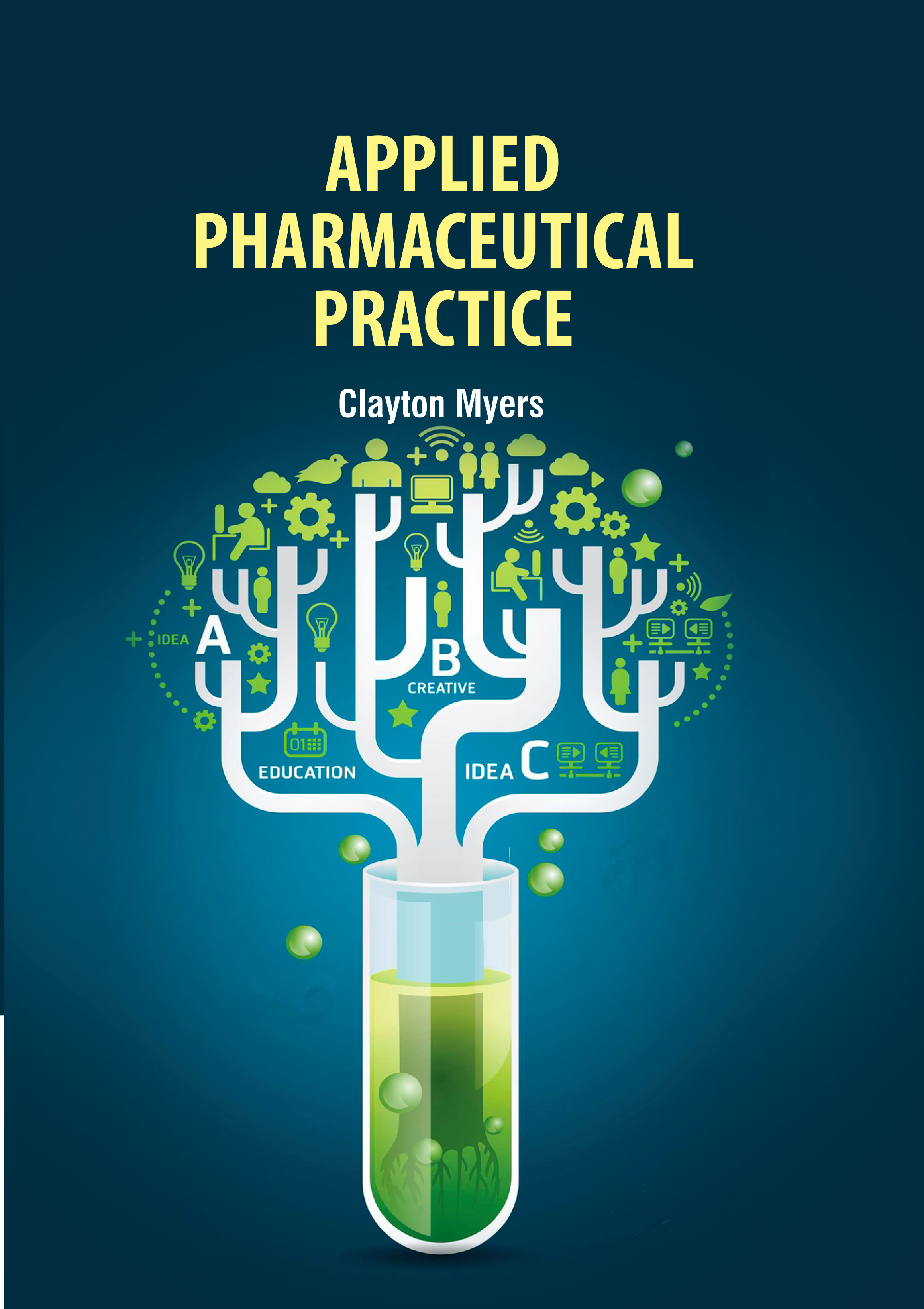
Applied Pharmaceutical Practice
by Clayton Myers
| ISBN | 9789372423549 |
|---|---|
| Publisher | Digital Drive Learning |
| Copyright Year | 2026 |
| Price | $262.00 |

by Clayton Myers
| ISBN | 9789372423549 |
|---|---|
| Publisher | Digital Drive Learning |
| Copyright Year | 2026 |
| Price | $262.00 |
Pharmaceutical, substance used in the diagnosis, treatment, or prevention of disease and for restoring, correcting, or modifying organic functions. Pharmaceuticals are generally classified by chemical group, by the way they work in the body (pharmacological effect), and by therapeutic use. Alkaloids were the first pure pharmaceuticals derived from natural substances (plants); they include quinine, nicotine, cocaine, atropine, and morphine. Drugs of animal origin include glandular extracts containing hormones, such as insulin for use in treating diabetes. A characteristic of the pharmaceutical sector is the need to exploit to the full the available patent life of a given compound. Given the need for clinical testing, this results in a narrow window of action to define and develop a suitable process. The industry faces high attrition rates in development with only one-fifth of the compounds that enter human testing actually achieving approval for sale. Hence, improving the chances of success requires the development of efficient strategies to maximize the throughput of compounds to clinical trials without increasing the workforce. This often involves making the initial material for safety assessment using suboptimal routes where resolutions are acceptable. Pharmacology is the study of the interaction of chemical with the living systems. Drugs are chemical substance which, by interacting with biological systems, are able to change them in some way. Today's pharmaceutical services are patient-oriented rather than drug-oriented. This shift towards patient-centred care comes at a time when healthcare is delivered by an integrated team of health workers.